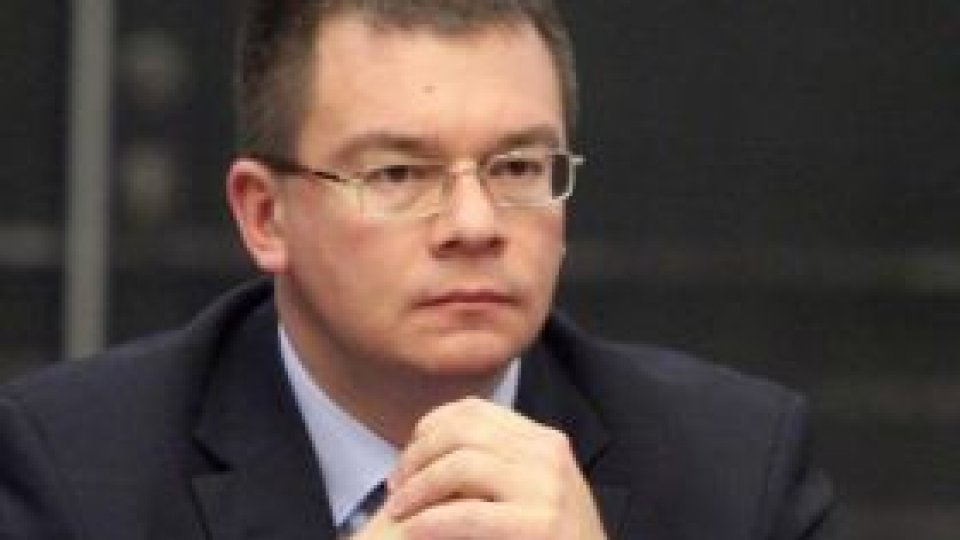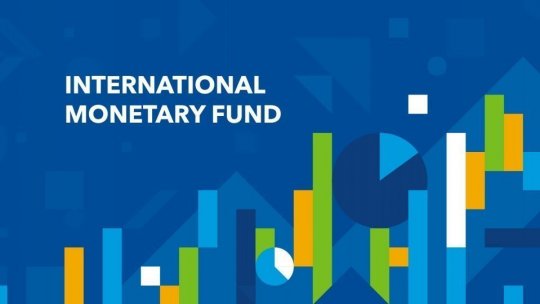Romanian Leu currency ‘has undergone several attacks’
The director of the Foreign Intelligence Service (SIE), Mihai Răzvan Ungureanu said that several licit transactions were the basis for ‘serious attacks’ on the national currency.

Articol de Răzvan Stancu, 03 Mai 2011, 09:53
The director of the Foreign Intelligence Service (SIE), Mihai Răzvan Ungureanu said in a televised program that there were ‘serious external attacks on the national currency’.
The SIE director avoided mentioning the exact date of these attacks, but said the National Bank was able to successfully use the information received from the institution it leads.
Mihai Răzvan Ungureanu also said that the external attacks took place on a background of some transactions through which ‘speculators attacked other national currencies, too’.
‘Allow me not to tell you a precise date. But I can confirm this. There have been serious attacks on the national currency’.
Of course, we are talking about the speculators who also attacked other national currencies during the period you describe, but the attacks on the – we call them attacks on the national currency, are, eventually, nothing but licit trading operations’, the SIE director said.
In the television broadcast, Mihai Răzvan Ungureanu said that SIE also pays attention to the international economic phenomena with an impact over the internal situation in Romania, such as monetary forecasts, exchange variations, different types of contracts, the organisation and disorganisation of certain monopolies.
Lucian Croitoru, an adviser of the NBR governor said on 20 April that the announcement in the fall of 2008 on the failure of an agreement with International Monetary Fund, political statements, stopping the staff decrease were the main causes of the speculative attack on the leu currency in October 2008.
‘The attack was given because the speculators were expected from Romania, in October 2008, to make internal optimization, staff reductions and other adjustments, depending on the external optimization, so on the exchange rate.’
‘The speculators have responded to the political announcement of the failure of an agreement with the IMF, stopping stuff decrease. They felt the coming crisis and relied on the fact that the central bank will allow a turnover’,according to Lucian Croitoru, author of a study on ‘Liquidity, speculative attack in October 2008 and the Central Bank’s reputation.’
At that time, all three defining criteria of a speculative attack were achieved, the depreciation rate for four consecutive days with a daily rate, net sales increased by 3.6 percent out of NBR’s foreign reserves and the high volatility interest rate with three deviations below standard within 14 days.
Translated by: Cătălina Virvescu
MA Student, MTTLC, Bucharest University









